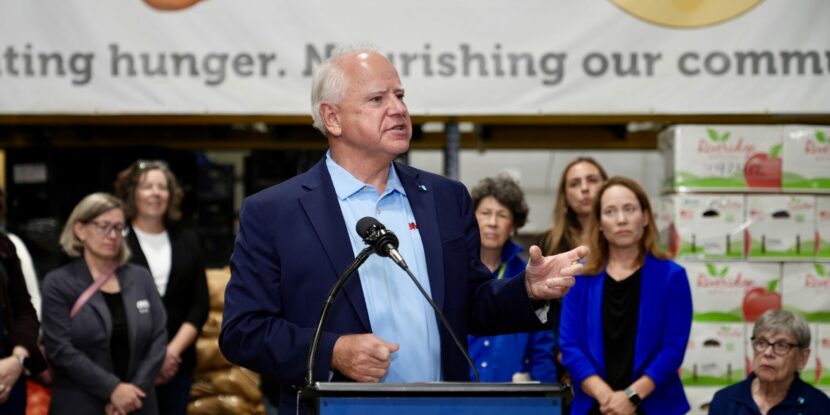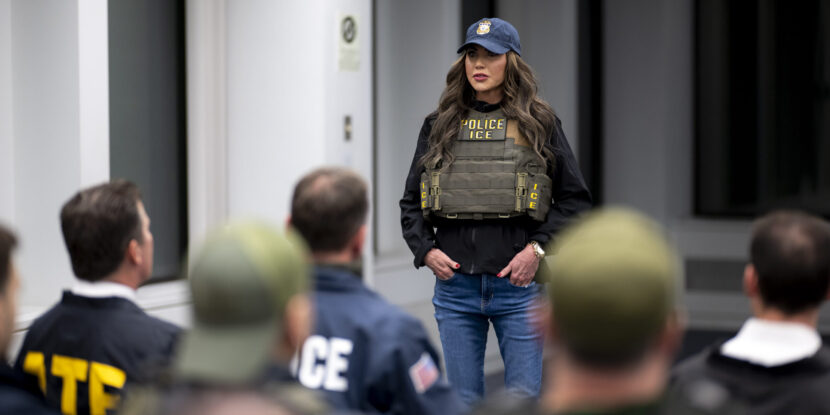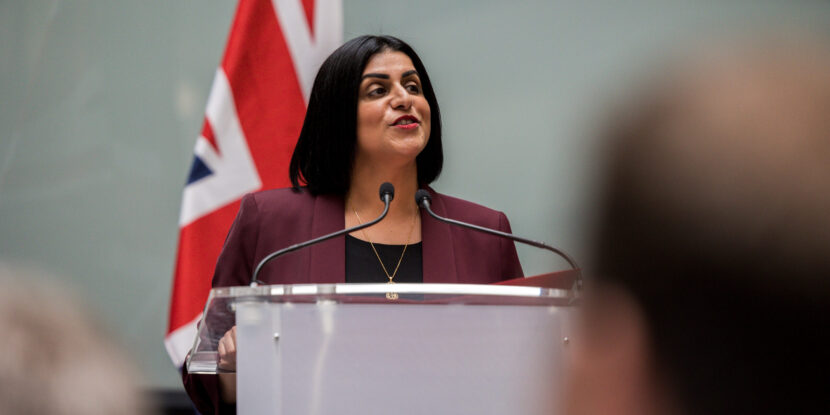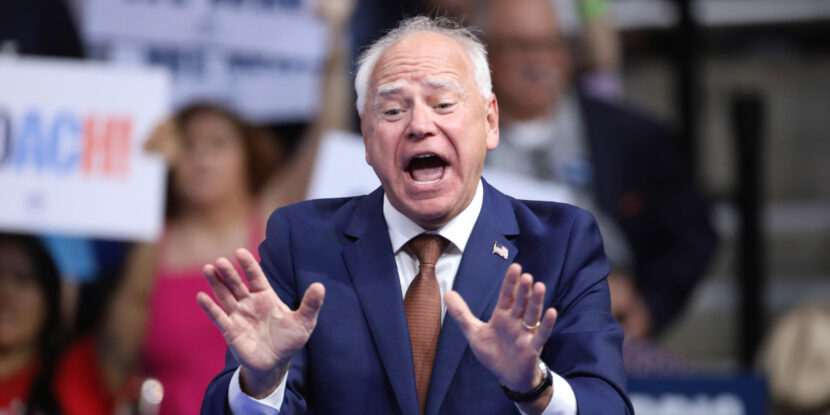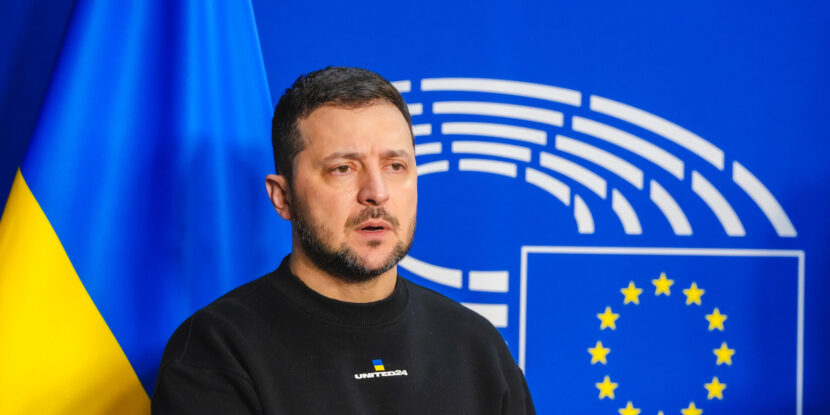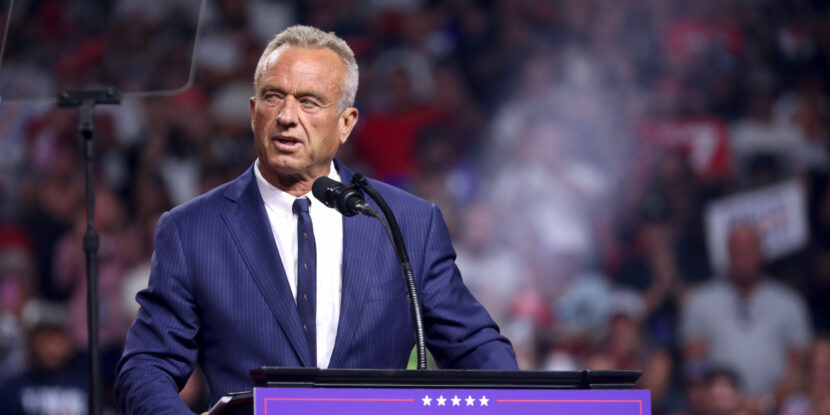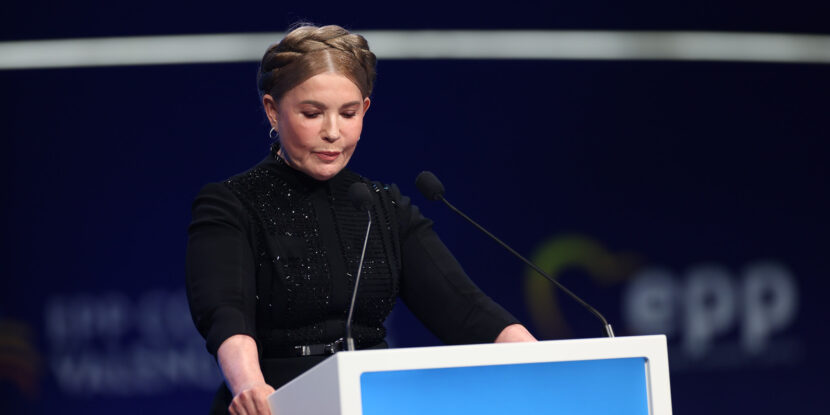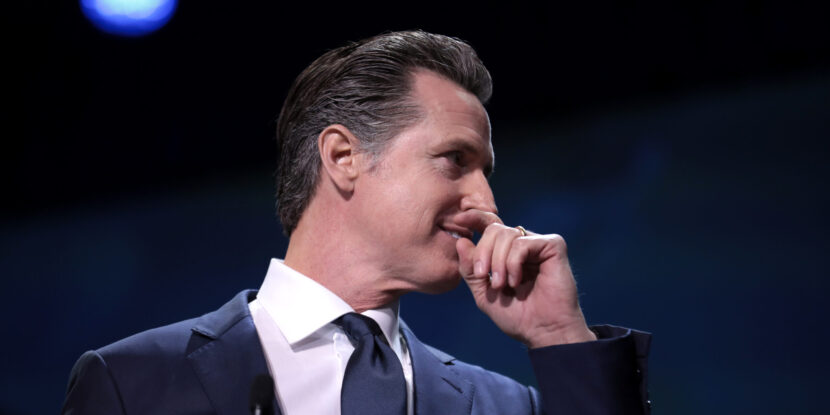Kamala Harris’s vice presidential pick, Governor Tim Walz (D-MN), has a long history of pushing a far-left, progressive agenda as a lawmaker. In addition, the Minnesota Democrat has been plagued by personal controversies, including allegations that he embellished certain details regarding his military career.
Having served over a decade in Congress before being elevated in 2019 to Minnesota’s governorship, Walz has managed to fly under the national radar. Now that he’s officially joined the 2024 Democratic Party’s national ticket, however, his radical record will likely become a significant campaign issue.
The National Pulse has compiled a brief history of Gov. Walz’s more controversial policy stances and lesser-known details regarding his personal life.
DODGING THE IRAQ WAR?
Walz has frequently touted his military record during his various campaigns for office, noting that he chose to reenlist in the Minnesota Army National Guard following the 9/11 terrorist attacks. Additionally, the Minnesota Democrat often claims to be the highest-ranking enlisted service member ever to serve in the U.S. Congress—having achieved the rank of Command Sergeant Major.
However, fellow Minnesota guardsmen have called into question Walz’s military record and rank. According to a group of retired members of the Minnesota Army National Guard, Walz was reduced from the rank of Command Sergeant Major to Master Sergeant when he retired in 2005. Additionally, the guardsmen allege that while Walz had initially committed to a six-year term of duty when he reenlisted, he retired early on May 16, 2005, in order to avoid deployment to Iraq.
They contend that the progressive Democrat learned of his unit’s deployment, prompting the early retirement and subsequent demotion in rank.
DRUNK DRIVING INCIDENT.
In 1995, nearly a decade before his initial run for Congress, Walz was pulled over in his home state of Nebraska for reckless driving. A Nebraska state trooper clocked Walz traveling at 96 mph in a 55 mph zone. Years later, during his numerous Congressional campaigns, political opponents—citing the incident—repeatedly accused Walz of having been drunk at the time. The Minnesota Democrat, however, dismissed the allegations, insisting he wasn’t inebriated when he was pulled over for reckless driving.
A court transcript from the case, however, offers clear evidence that Walz was, in fact, drunk. According to the Nebraska state trooper report, “A strong odor of alcoholic beverage was detected emitting from Mr. Walz[‘s] breath and person.”
Despite being initially charged with driving under the influence, Walz was able to plead out to a lesser charge of reckless driving. A blood test that was administered to Walz at the time by law enforcement was subsequently suppressed. The court transcript released that Walz’s blood alcohol level was .128, well above the legal limit.
THE GEORGE FLOYD RIOTS.
As Governor of Minnesota, Walz rejected federal assistance and was slow to deploy the state’s National Guard to Minneapolis in response to the 2020 George Floyd riots. Despite his inaction, Walz blamed local law enforcement and Minneapolis mayor Jacob Frey, calling their response an “abject failure.”
Text messages and emails obtained by the Star Tribune after the riots, however, show that state officials—not city officials—failed to communicate important details provided by local law enforcement. This delayed the deployment of the National Guard for almost 24 hours.
Even after the National Guard had been deployed, Walz and his staff only offered local officials vague responses to requests for aid. In one instance, on May 27, 2020, Minneapolis Police Chief Medaria Arradondo called Walz, asking that guardsmen be deployed to a Target that was being looted. According to Mayor Frey, Walz was noncommital to Arradondo’s request, saying only that he “would consider it.”
A $250 MILLION SCANDAL.
The COVID-19 pandemic saw Minnesota rocked by a massive fraud scandal, where an organized group of Somali residents embezzled $250 million in state funds meant to feed needy children. In the aftermath of the fraud scandal, Gov. Walz and officials with the Minnesota Department of Education have been accused of failing to enact adequate measures to prevent the embezzlement.
After state officials discovered that the nonprofit Feeding Our Future had embezzled the funds, Walz moved to freeze any future payments to the group. It was subsequently revealed that at least 70 members of Minnesota’s Somali community were using the nonprofit as a front to perpetrate the massive fraud scheme. Despite clear evidence of a crime, Walz reversed course on the payment freeze following a pressure campaign in which he was accused of racism and discrimination against the state’s Somali residents.
A LADDER FOR ILLEGALS.
Walz, a proponent of the Biden-Harris government’s open borders policies, was a vocal opponent of former President Donald J. Trump’s efforts to construct a wall along the southern U.S. border. In an interview with CNN, the Minnesota Democrat quipped that he’d invest in a ladder factory to aid illegals entering the country.
“He talks about this wall; I always say, let me know how high it is. If it is twenty-five feet, then I’ll invest in a thirty-foot ladder factory,” Walz said, referring to Trump’s efforts to stop illegal immigrants from crossing the border.
As governor, Walz has pushed so-called ‘sanctuary‘ policies in Minnesota—shielding illegal immigrants from deportation by the federal government. In 2023, he signed legislation allowing illegal immigrants to obtain driver’s licenses, which could result in noncitizens voting illegally in federal elections.
TRANSGENDER ‘SANCTUARY STATE.’
One of the most troubling policies enacted under Walz’s governorship is Minnesota’s transformation into a safe haven for minors seeking transgender surgeries and hormone treatments. In 2023, Walz issued an executive order protecting access to “gender-affirming care” in the state. Under the rule, adults and children are ensured access to gender reassignment surgery and hormones, which could result in sterilization.
Additionally, Walz’s executive order bars other state governments from taking “protective action” against Minnesota parents who help their children transition. The order effectively bans parents residing in other states from taking custody action against Minnesota-based parents while a child is undergoing medical transition.
